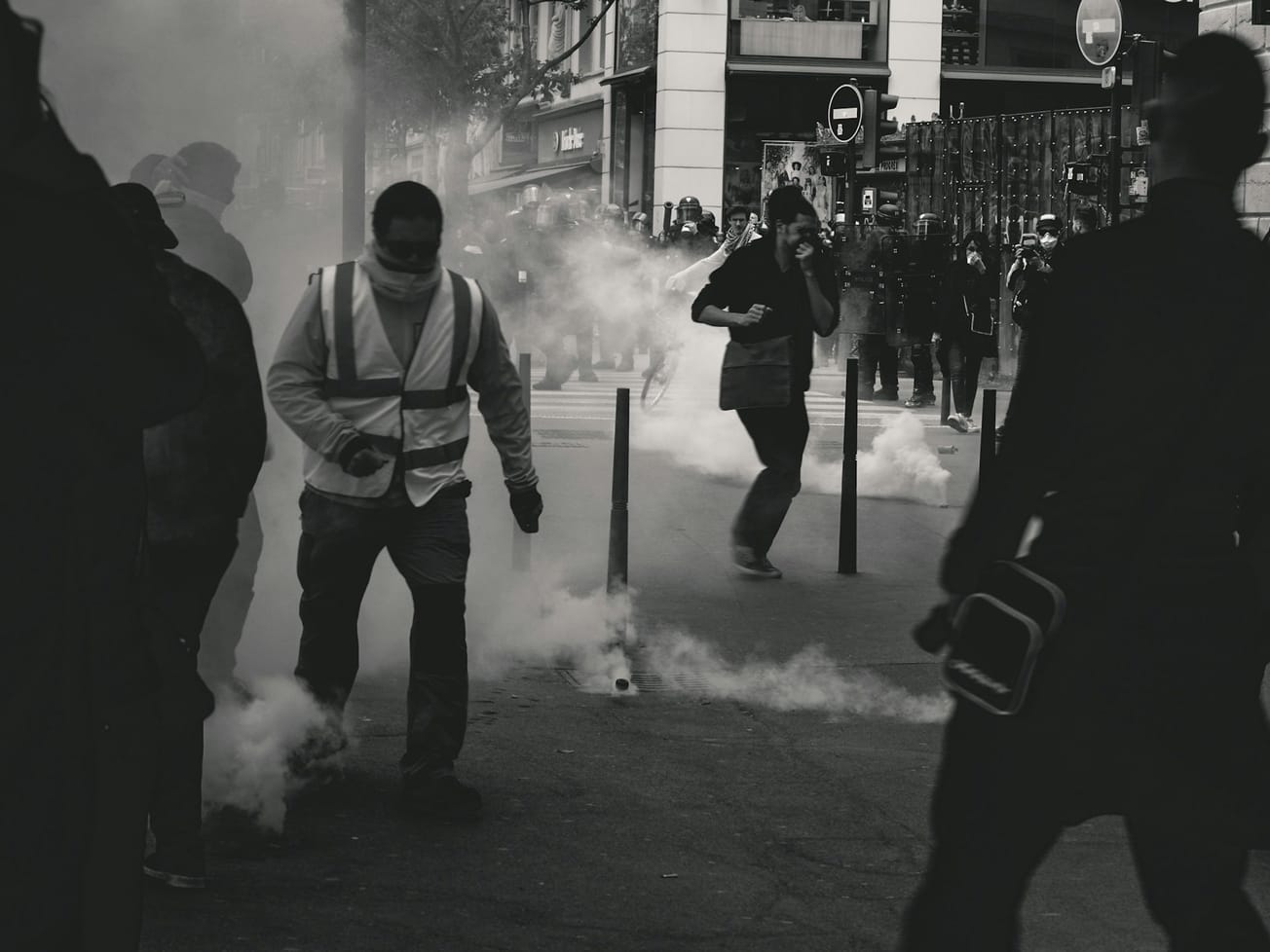WASHINGTON (AN) — Violence against protesters and foes of Venezuelan President Nicolas Maduro has reached “unprecedented” levels, with supporters and armed forces loyal to the authoritarian government using torture, sexual abuse and arrests to punish and repress dissent.
What’s new: A report by the U.N. Human Rights Council on Tuesday details how security forces aligned with Maduro have raided the homes of dozens of suspected critics of the government, often relying on “social media videos as the only evidence.”









